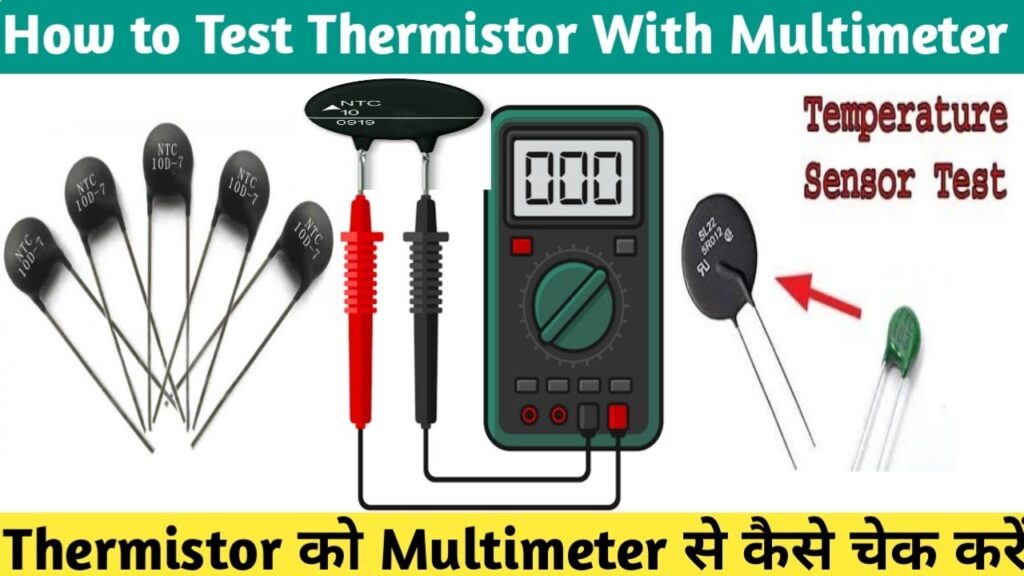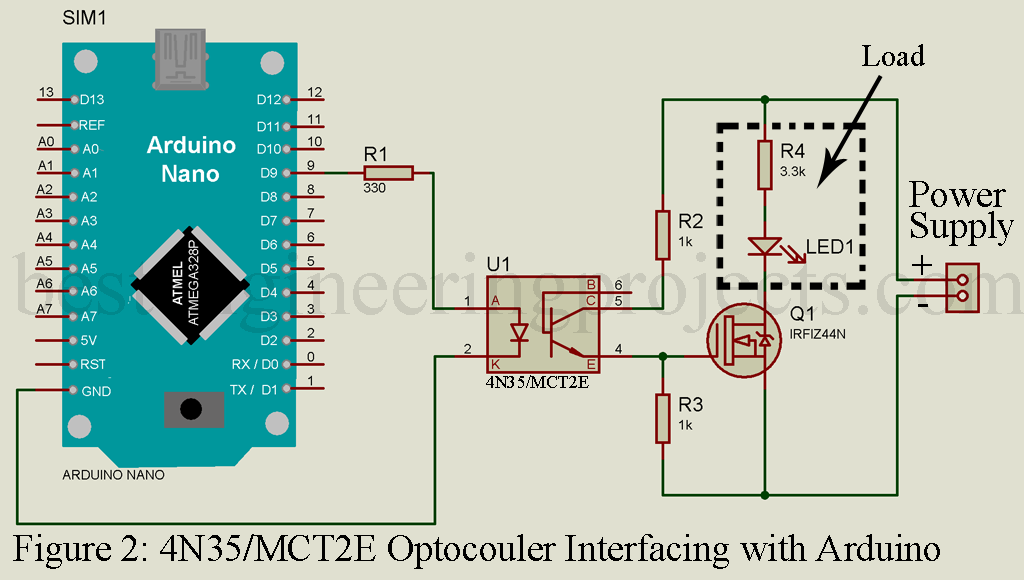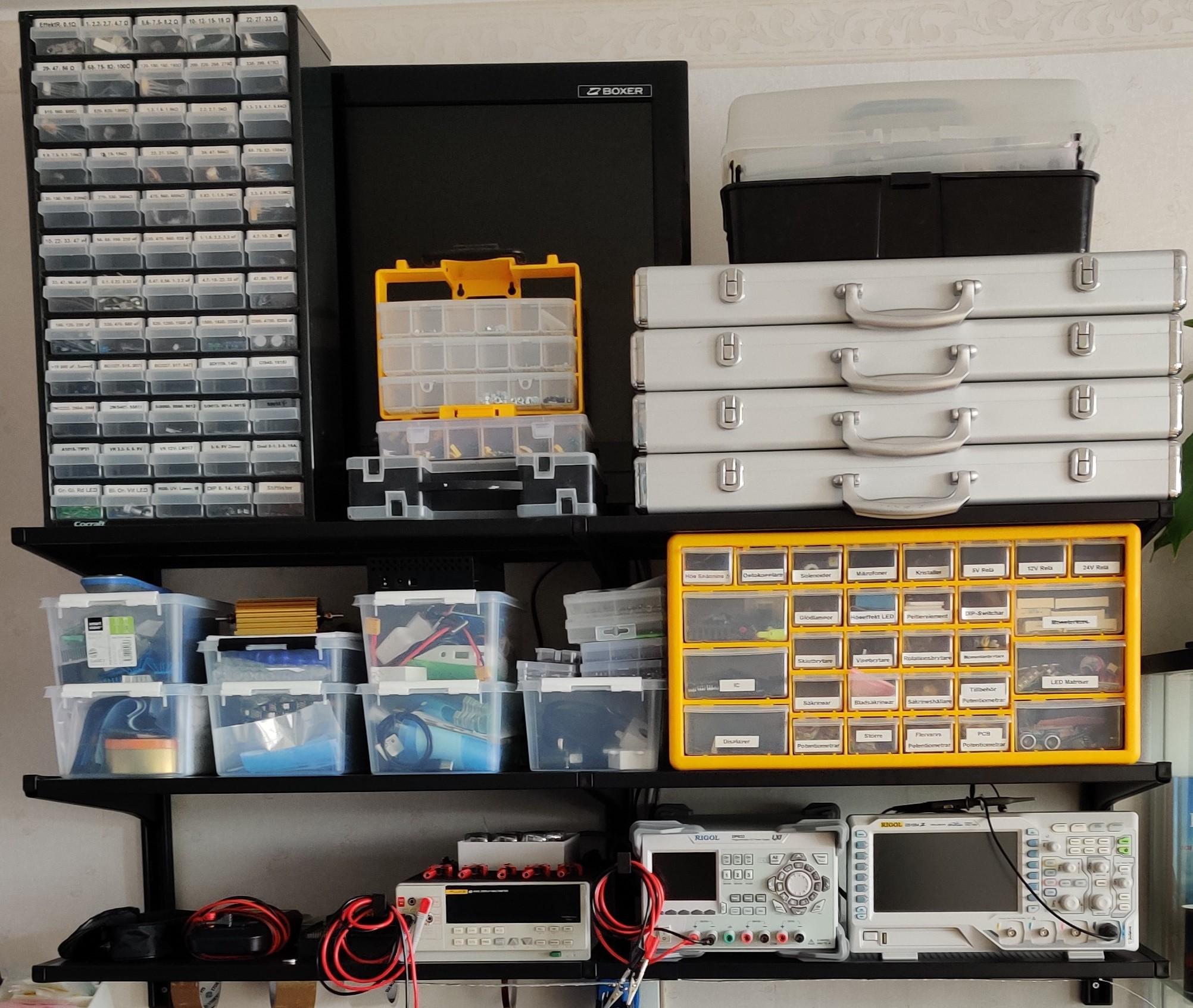How to Check a Thermistor with a Multimeter
Thermistors are electronic components used to measure temperature. They are commonly found in devices such as ovens, refrigerators, and air conditioning systems. If you suspect that a thermistor is faulty, you can use a multimeter to check its resistance and determine if it is working properly. In this article, we will guide you through the process of checking a thermistor with a multimeter.
What is a Thermistor?
A thermistor is a type of resistor that is sensitive to temperature. Its resistance changes with temperature, making it a useful component for measuring and controlling temperature in electronic devices. Thermistors are available in two types: negative temperature coefficient (NTC) thermistors, which decrease in resistance as temperature increases, and positive temperature coefficient (PTC) thermistors, which increase in resistance as temperature increases.
Tools Needed
- Multimeter
- Thermistor
- Alligator clips (optional)
Steps to Check a Thermistor with a Multimeter
Step 1: Turn Off Power
Before you begin checking the thermistor, make sure to turn off the power to the device where the thermistor is located. This will prevent any electric shock or damage to the multimeter.
Step 2: Set the Multimeter
Set your multimeter to the resistance mode. If you are unsure about which setting to use, refer to the multimeter’s manual for guidance. Most multimeters display the resistance setting with the Greek letter omega (Ω).
Step 3: Disconnect the Thermistor
If the thermistor is connected to a circuit, disconnect it from the circuit. This will ensure that you are only measuring the resistance of the thermistor and not any other components in the circuit.
Step 4: Measure Resistance
With the multimeter set to the resistance mode, connect the probes to the terminals of the thermistor. The multimeter will display the resistance value of the thermistor. Compare this value to the manufacturer’s specifications to determine if the thermistor is functioning correctly.
Step 5: Check Temperature
If the resistance value of the thermistor is within the expected range, you can also check its temperature sensing capability. Use a heat source, such as a hairdryer or a soldering iron, to heat the thermistor. The resistance value should change accordingly as the temperature increases.
Conclusion
Checking a thermistor with a multimeter is a simple process that can help you determine if the thermistor is functioning correctly. By following the steps outlined in this article, you can quickly diagnose any issues with the thermistor and take the necessary steps to repair or replace it. Remember to always exercise caution when working with electronic components and to refer to the manufacturer’s specifications for accurate measurements.
How to Check a Thermistor with a Multimeter
Thermistors are electronic components used to measure temperature. They are commonly found in devices such as ovens, refrigerators, and air conditioning systems. If you suspect that a thermistor is faulty, you can use a multimeter to check its resistance and determine if it is working properly. In this article, we will guide you through the process of checking a thermistor with a multimeter.
What is a Thermistor?
A thermistor is a type of resistor that is sensitive to temperature. Its resistance changes with temperature, making it a useful component for measuring and controlling temperature in electronic devices. Thermistors are available in two types: negative temperature coefficient (NTC) thermistors, which decrease in resistance as temperature increases, and positive temperature coefficient (PTC) thermistors, which increase in resistance as temperature increases.
Tools Needed
- Multimeter
- Thermistor
- Alligator clips (optional)
Steps to Check a Thermistor with a Multimeter
Step 1: Turn Off Power
Before you begin checking the thermistor, make sure to turn off the power to the device where the thermistor is located. This will prevent any electric shock or damage to the multimeter.
Step 2: Set the Multimeter
Set your multimeter to the resistance mode. If you are unsure about which setting to use, refer to the multimeter’s manual for guidance. Most multimeters display the resistance setting with the Greek letter omega (Ω).
Step 3: Disconnect the Thermistor
If the thermistor is connected to a circuit, disconnect it from the circuit. This will ensure that you are only measuring the resistance of the thermistor and not any other components in the circuit.
Step 4: Measure Resistance
With the multimeter set to the resistance mode, connect the probes to the terminals of the thermistor. The multimeter will display the resistance value of the thermistor. Compare this value to the manufacturer’s specifications to determine if the thermistor is functioning correctly.
Step 5: Check Temperature
If the resistance value of the thermistor is within the expected range, you can also check its temperature sensing capability. Use a heat source, such as a hairdryer or a soldering iron, to heat the thermistor. The resistance value should change accordingly as the temperature increases.
Conclusion
Checking a thermistor with a multimeter is a simple process that can help you determine if the thermistor is functioning correctly. By following the steps outlined in this article, you can quickly diagnose any issues with the thermistor and take the necessary steps to repair or replace it. Remember to always exercise caution when working with electronic components and to refer to the manufacturer’s specifications for accurate measurements.



